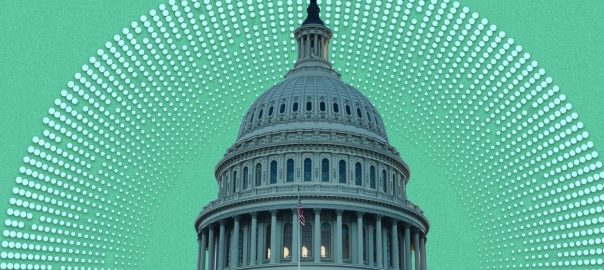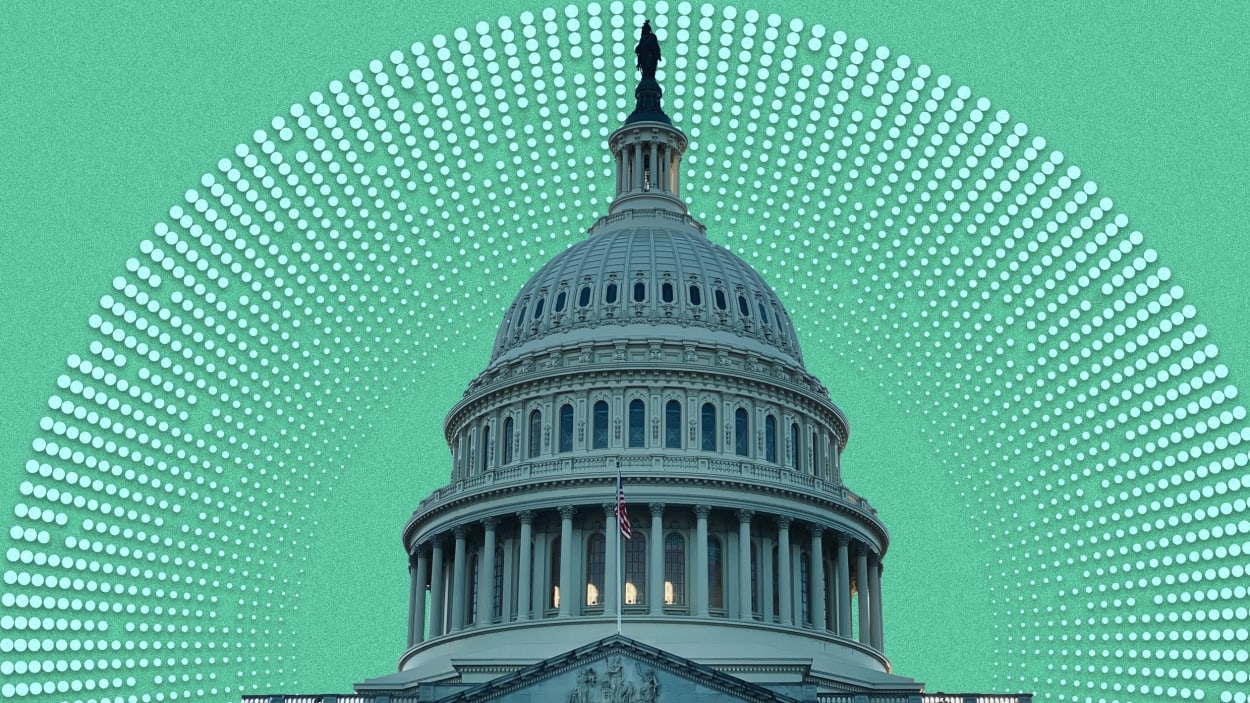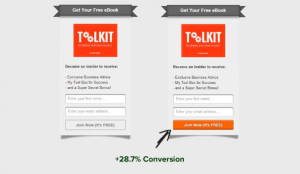Earlier this week, a bipartisan group of U.S. senators introduced a new version of the Platform Accountability and Transparency Act, which could force social media platforms to hand over valuable data about their inner workings to researchers and the public. But while researchers agree it would be a powerful new tool for examining how these platforms influence society, some worry the bill could be tricky to implement.
Today’s social media platforms are notoriously difficult to study. Companies closely guard their internal workings through confidentiality agreements and intellectual property laws, and have increasingly walled off the APIs that researchers use to access the platforms’ public data.
The Platform Accountability and Transparency Act, or PATA, aims to change that. It would give researchers and nonprofits the ability to request large amounts of data from the top social media companies, contingent upon approval from the National Science Foundation. This data would be subject to privacy and security measures created by the Federal Trade Commission (FTC), which would enforce companies’ compliance with the program.
The bill would also require social media companies to offer up real-time data to the public and journalists about their platforms’ algorithms, ranking systems, ads, content moderation, and what kind of content goes viral. And it would create new liability protections for researchers who scrape public data from social media sites.
“There are many polarizing debates about the internet, but this is not one,” says Eli Pariser, who formerly led Upworthy and now codirects New_Public, a nonprofit accelerator for digital public spaces. “It just allows us to understand better what’s happening instead of these huge platforms that we spend a lot of time on.”
Zeve Sanderson, the executive director of New York University’s Center for Social Media and Politics, which studies social media’s impact on democracy, says PATA could dramatically lower the barriers researchers face in accessing social media data.
In recent years, Sanderson says social media researchers disproportionately focused on Twitter and Reddit because the platforms had free APIs, referring to the application programming interfaces that allow third parties to access the platforms’ data. So when PATA was first drafted in 2021, researchers saw it as an opportunity to get access to other platforms and “get ourselves out of this Twitter bubble,” he says.
But in the last few months, even Twitter and Reddit have introduced steep paywalls for their APIs, which has essentially “locked out the ability for folks like us to be able to do this sort of work,” says Sanderson. With Twitter’s new fees, “we were looking at getting around 1% of the data that we used to be able to collect for free, and it was now going to cost us $42,000 a month. Which for a nonprofit university-affiliated research group, that’s just impossible,” he says. PATA could solve that problem.
Advocates are also enthused about PATA’s proposed legal “safe harbor” for researchers who ethically scrape public social media data. Under current laws, researchers who do scrape data could face “everything from the Computer Fraud and Abuse Act to civil liability risks” over violating the platforms’ terms of service, which “has a chilling effect on research,” Sanderson says.
The only alternative for researchers is often to request data from the platforms’ PR teams. That “seems like a totally untenable current state of affairs—either Facebook’s PR gets a veto, or you might be a criminal,” says Pariser. “We have to break through that impasse because this is where life and politics and social connection is happening, and we need to understand what is happening there.”
PATA currently has support from both parties in Washington—including from Senators Chris Coons (D-Delaware) and Mitt Romney (R-Utah). That speaks to the bill’s universal appeal, says Sanderson: “Whether you’re a conservative nervous about content moderation being ideologically asymmetrical or a Democrat concerned about hate speech and misinformation, sunshine and accountability is a path forward.”
But one prominent data ethics researcher familiar with the bill, who requested anonymity due to a sensitive employment contract, says PATA could be difficult to implement even if it became law.
The privacy, security, and legal risks with transferring all of the social media data would be “tremendous” the researcher says. “There’s the fantasy that legislators sometimes have that it’s just a handshake agreement. No, it is hundreds of hours of contract negotiation, very fine-grained contract negotiation; hundreds of hours of discussion between your data engineers and your data architects to be able to even just facilitate the transfer of the data.”
For the program to achieve its goals, the federal agencies in charge would need to substantially scale up their capacity for rulemaking and enforcement, the researcher says. “I hope that there’s a lot of money that comes in PATA because they’re going to need to hire some people.”
(2)









